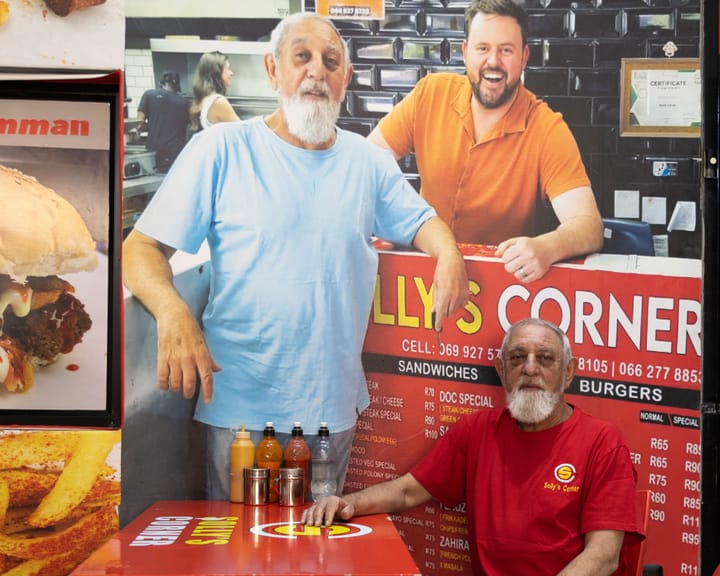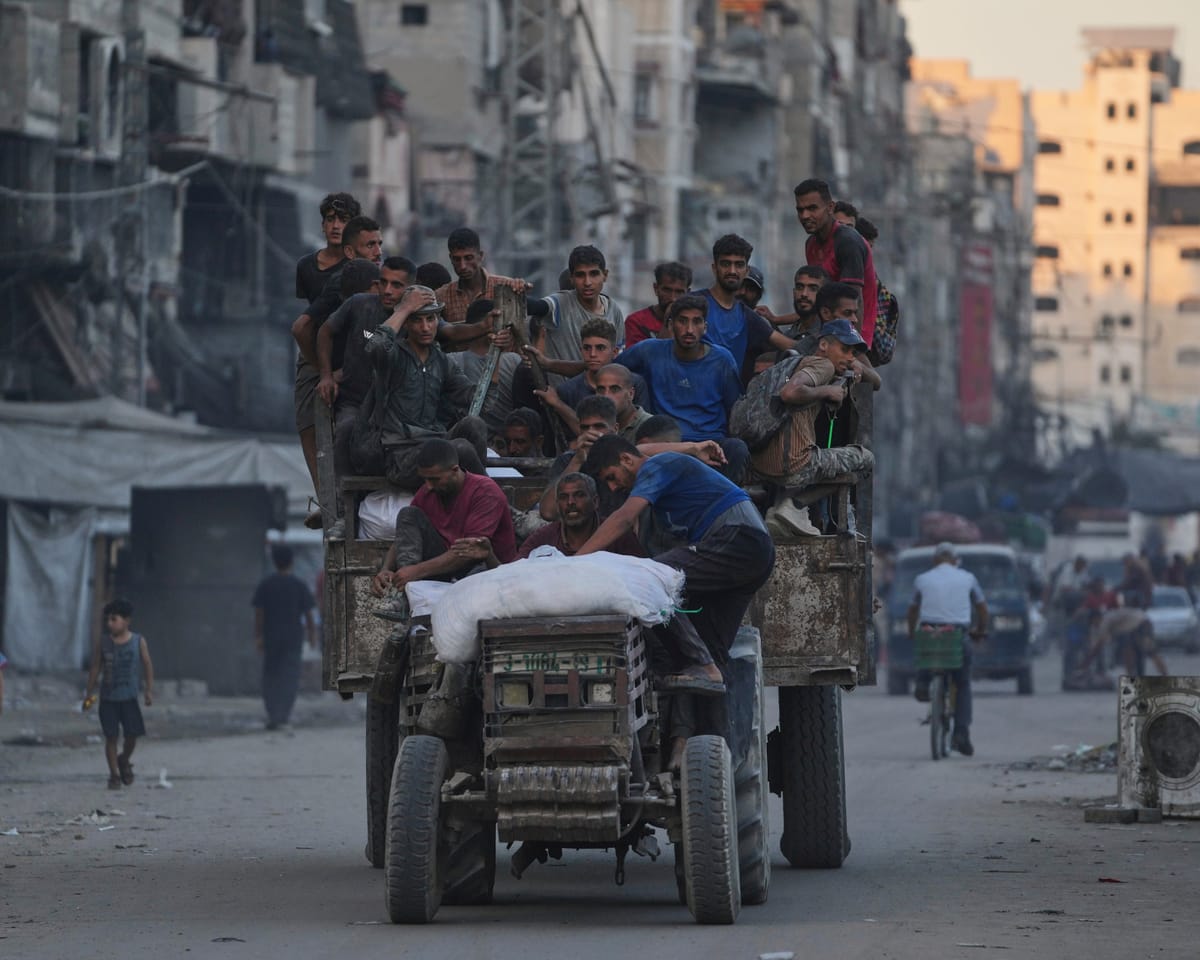Israel’s military has ended temporary ceasefires for aid deliveries in Gaza City, a decision expected to worsen famine conditions in the northern part of the territory.
Israeli forces have intensified attacks in and around Gaza City as they prepare for a ground operation. Humanitarian organizations and several of Israel’s allies have warned the assault could be devastating for hundreds of thousands of Palestinian civilians already facing severe shortages of food and medical care, as well as ongoing military strikes.
According to Gaza’s health ministry, malnutrition claimed five lives, while Israeli airstrikes killed 59 others in the past 24 hours.
In a statement, the Israel Defense Forces (IDF) declared that the "local tactical pause" in Gaza City would no longer be in effect. The military described the entire city as a "dangerous combat zone," though no evacuation orders have been issued.
Approximately 80% of Gaza is under evacuation directives, forcing civilians into just one-fifth of the territory. Even these areas face frequent Israeli strikes, including zones previously designated as humanitarian safe areas.
The military characterized the ongoing attacks as the first phase of a broader operation. However, reports suggest disagreements between military leaders and Prime Minister Benjamin Netanyahu over the feasibility of executing his orders after nearly two years of conflict.
On the same day, the IDF announced the recovery of the remains of 55-year-old hostage Ilan Weiss and another unidentified hostage. Weiss was killed during the October 7 attacks, and his body was taken to Gaza.
Following global concern over hunger in Gaza, Israel had temporarily halted fighting for brief periods to allow aid convoys to deliver supplies. While restrictions on humanitarian shipments were slightly eased, the measures only slowed—rather than halted—the spread of famine in Gaza City.
Israeli tanks have advanced into the city’s outskirts, and the once-affluent Zeitoun district has been largely destroyed in recent weeks.
The military escalation coincides with reports that Hamas has agreed to a proposed partial ceasefire deal, the terms of which Israel has previously accepted.
Polls indicate most Israelis support ending the war in exchange for the release of hostages. Critics within Israel argue that the planned operation could endanger remaining captives and further strain already exhausted troops.
However, a ceasefire could destabilize Netanyahu’s coalition, as far-right allies have threatened to withdraw if hostilities cease. The prime minister insists the operation is necessary to dismantle Hamas’s military control in Gaza City.
A military spokesperson previously stated the impending offensive would lead to additional forced displacements of civilians.
Read next

"TikTok star highlights political power of South Africa's unsung culinary treasures"
Solly’s Corner, a popular eatery in downtown Johannesburg, was busy. Pieces of hake and crisp fries crackled in the fryer, green chillies were chopped, and generous amounts of homemade sauce were spread onto filled sandwiches.
Broadcaster and food enthusiast Nick Hamman stepped behind the counter, where Yoonas and Mohammed

Nazi-looted 18th-century portrait found in Argentina after 80 years
There was nothing particularly unusual about the middle-aged couple living in the low, stone-covered villa on Calle Padre Cardiel, a quiet street in the tree-lined Parque Luro neighborhood of Mar del Plata, Argentina’s most well-known coastal city.
Patricia Kadgien, 58, was originally from Buenos Aires, roughly five hours north.

"An aristocrat hid her Jewish lover in a sofa bed amid daring acts of German resistance to the Nazis"
Resistance in the Shadows: Germans Who Defied the Nazis
Growing up, our home had a steadfast rule: nothing German was permitted. No appliances from German manufacturers in the kitchen, no cars from German automakers in the driveway. The decree came from my mother. She was not a survivor of the

